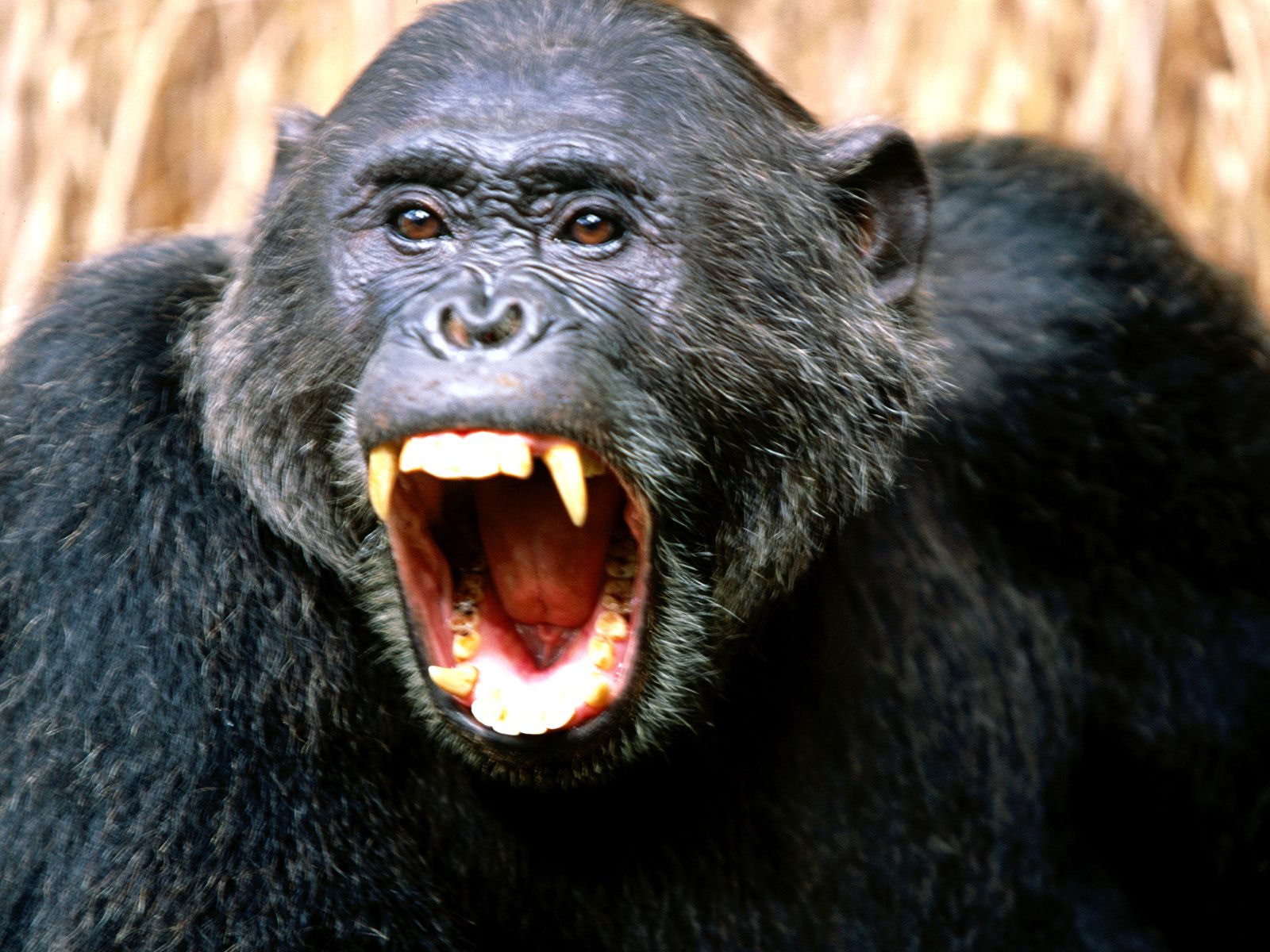Chimpanzee teeth are fascinating structures that play a crucial role in the survival and behavior of these intelligent primates. As one of our closest relatives in the animal kingdom, understanding the anatomy and function of chimpanzee teeth can provide valuable insights into their dietary habits, social interactions, and overall health. This comprehensive guide will delve into the various aspects of chimpanzee teeth, including their structure, differences from human teeth, and the significance of dental health in these remarkable creatures.
As we embark on this exploration of chimpanzee teeth, we invite you to consider the broader implications of dental health in wildlife conservation efforts. Understanding how teeth contribute to the diet and behavior of chimpanzees can help inform strategies for their protection and care. Join us as we navigate through the fascinating world of chimpanzee teeth, shedding light on their importance in the lives of these primates.
Table of Contents
- Anatomy of Chimpanzee Teeth
- Types of Teeth in Chimpanzees
- Differences Between Chimpanzee and Human Teeth
- Role of Teeth in Chimpanzee Diet
- Dental Health in Chimpanzees
- Common Dental Issues in Chimpanzees
- Conservation and Conservation Efforts
- Conclusion
Anatomy of Chimpanzee Teeth
Chimpanzee teeth consist of four main types: incisors, canines, premolars, and molars. Each type has a specific function that contributes to the overall digestive process and social behavior of these primates.
1. Incisors
Incisors are the front teeth that are primarily used for cutting food. Chimpanzees have a set of eight incisors, with four on the top and four on the bottom. These teeth are sharp and provide an essential function in biting into fruits, leaves, and other plant materials.
2. Canines
Canine teeth are larger and more pointed than incisors, and they are used for tearing and holding onto food. Chimpanzees have four canines, two on the top and two on the bottom. These teeth also play a role in social interactions, as they can be displayed during aggressive encounters.
3. Premolars
Premolars are located behind the canines and are used for grinding food. Chimpanzees have eight premolars, four on the top and four on the bottom. These teeth have a flatter surface, making them ideal for breaking down tougher plant materials.
4. Molars
Molars are the back teeth that are crucial for grinding and crushing food. Chimpanzees have twelve molars, six on the top and six on the bottom. These teeth are larger and stronger than the other types, allowing chimpanzees to effectively process their food.
Types of Teeth in Chimpanzees
In addition to the main types of teeth, there are some variations in size and shape that can provide insight into the individual chimpanzee's diet and health. For example:
- Size: Some chimpanzees may have larger or smaller teeth depending on their genetic background and environmental factors.
- Wear: The degree of wear on a chimpanzee's teeth can indicate their age and dietary habits, with more worn teeth suggesting a longer life or a tougher diet.
Differences Between Chimpanzee and Human Teeth
While chimpanzees and humans share many similarities, their teeth exhibit several key differences:
- Canine Size: Chimpanzee canines are larger and more pronounced compared to human canines, reflecting their need for tearing food.
- Jaw Structure: Chimpanzees have a more pronounced jaw structure, which allows for a greater range of motion when chewing.
- Dental Formula: The dental formula for chimpanzees (2-1-2-3/2-1-2-3) differs slightly from humans (2-1-2-3/2-1-2-3), particularly in the number of premolars.
Role of Teeth in Chimpanzee Diet
Chimpanzees are omnivorous and have a varied diet that includes fruits, leaves, insects, and occasionally meat. Their teeth play a crucial role in their ability to process this diverse range of foods:
- Fruits: Incisors are essential for biting into fruits, while molars help grind them down.
- Leaves: Chimpanzees use their canines and premolars to tear and grind leaves.
- Insects: Canines are used to capture and consume insects, while molars assist in grinding.
Dental Health in Chimpanzees
Maintaining dental health is vital for chimpanzees, as poor dental hygiene can lead to various health issues:
- Dietary Impact: A diet high in sugary foods can contribute to tooth decay.
- Injuries: Chimpanzees may experience dental injuries from chewing on hard objects or during social interactions.
Common Dental Issues in Chimpanzees
Like humans, chimpanzees can suffer from a range of dental issues, including:
- Cavities: Caused by bacteria feeding on food particles left on teeth.
- Periodontal Disease: Inflammation and infection of the tissues surrounding the teeth.
- Tooth Loss: Can occur due to decay or injury, impacting their ability to eat.
Conservation and Conservation Efforts
Understanding the importance of dental health in chimpanzees can help inform conservation efforts. Protecting their natural habitats and ensuring they have access to a healthy diet is crucial for maintaining their dental and overall health. Conservation organizations are also working to educate the public about the significance of chimpanzee welfare and the need for habitat preservation.
Conclusion
In summary, chimpanzee teeth are remarkable structures that play a vital role in their survival and social behavior. By understanding the anatomy, function, and importance of dental health in chimpanzees, we can better appreciate these incredible primates and contribute to their conservation. We encourage you to leave a comment below, share this article, or explore other related topics on our site to further your knowledge about the fascinating world of chimpanzees.
Thank you for reading! We hope you found this article informative and engaging. Stay curious and come back for more insights into the natural world!
Grace O'Marcaigh: A Journey Through Her Life And Achievements
The Iconic 1970s Mini Dress: A Fashion Revolution
Exploring The Life And Career Of Actress Sam Phillips: A Journey Through Film And Music


